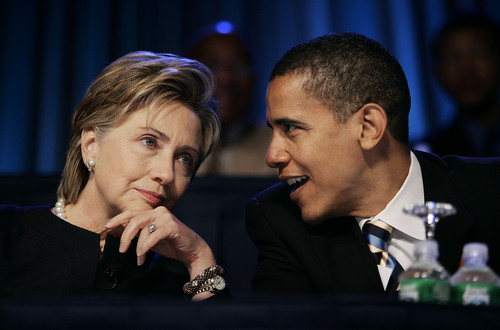
Valentine's Day is a lot more enjoyable when you're past your twenties and happily married. A long day at work turned into a wonderful evening when I got home, because unbeknownst to me my wife had decided that if I ran late, we'd see a movie. Funny how fate works and time changes everything.
With that seemingly inoccuous item, I jump to my point:
Jumper. The story of a young man who discovers that he has the ability to circumvent the laws of space (but not time, thankfully) and zip from here to there faster than I can type. A lot faster.
I suppose this type of thing has been done before, but I don't care. I also don't care that it's received mixed reviews. I enjoyed this film.
It has flaws, however. Hubris, for one. It's rather ballsy to assume you'll have an audience for a
trilogy, which is what this film is proposing to do. But with its comic book feel (though it's based on a
novel by Stephen Gould) perhaps developing an audience isn't so tough, I don't know. More importantly, the film feels incomplete. A good first episode of a trilogy -- see
Star Wars or
The Lord of the Rings -- needs to feel like a story was told.
Jumper felt like a TV pilot.
Another flaw is that the main characters are left woefully undeveloped. You come out of Star Wars and the Fellowship of the Ring feeling like you know something about Darth Vader or Strider/Aragorn. But
Jumper leaves you with two scenes of the lovely Diane Lane, who plays David's estranged mother. And you know virtually nothing. I'm sorry, that's lazy writing and directing. You needed a scene to establish some connection, some love, some something. Screw mystery, an audience needs to connect with the characters. All this did was set up film No. 2. Insert $10, press play. Go screw yourself. (Like I said, there are flaws.)
But there's enough potential in the first movie for me to see the second film. The cinematography is excellent, for one thing. The effects feel as natural as possible, and the exciting thrill ride aspect of the chase scenes is wonderful. You don't have to be twelve to think this film is cool.
And Jamie Bell, who plays Griffin -- David's mentor/friend -- is excellent (despite being occasionally incomprehensible, what with that thick accent of his). Film fans may know Bell best as
Billy Elliot (Dance, Billy, dance!), but he's become quite a strong actor since then. Rachel Bilson's cute, of course, though I hope she's given more of a role to play in the future.
But the real thrill in this film comes from the always amazing
Samuel L. Jackson. I truly believe this man could play just about anything, but he's best with an edgy character. And as Roland he plays a (potentially) complex role of the nemesis to Hayden Christensen's David; Roland claims to be moral, but the audience can't help but feel he's basically a cop, and who knows what morality means in a world where people flit from place to place without law.
I'll leave it at that, since that's the type of ending this film engenders. Suffice it to say, I enjoyed Jumper. I'll watch the second installment, but there needs to be some pay-off for this investment. I like the characters. Now show me something other than pleasant gimmicks.







